Pollar's Cling Peach Tree 3 Years Old, W Barton, Glen Apli… Flickr
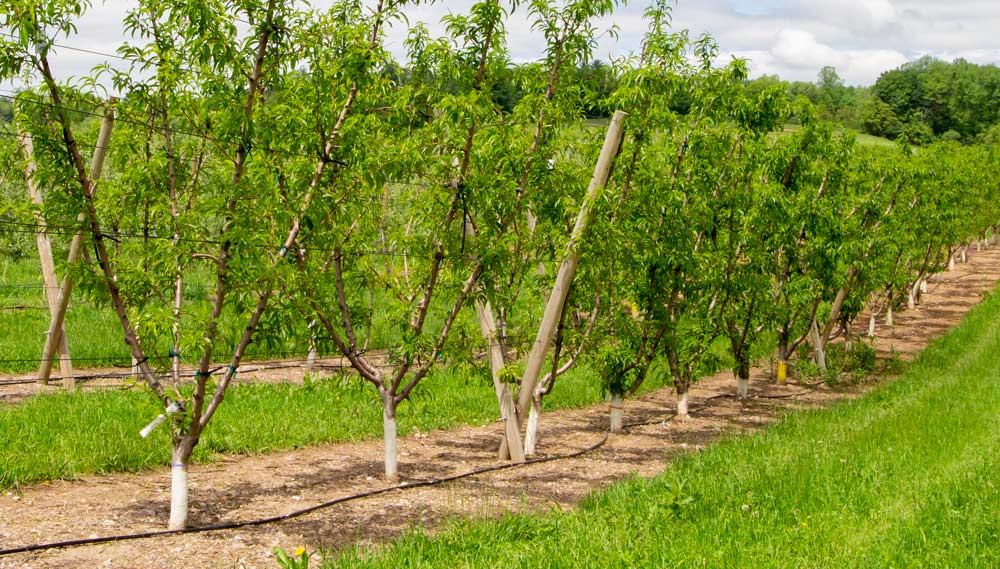
California cling peach growers plant more trees as prices improve
Halford Cling Peach. Large yellow canning cling, the leading commercial variety. Very good quality. Productive. Early September in Central CA. 800 hours. Self-fruitful. WHILE DWARFING ROOTSTOCKS HAVE IMPORTANT ADVANTAGES, ROOTSTOCKS SHOULD BE SELECTED PRIMARILY FOR ADAPTABILITY TO THE SOIL AND CLIMATE OF THE PLANTING SITE. For the 2023-24.

Indian Blood Cling Peach Tree YouTube
1.It takes five years for a cling peach tree to be in full production. 2.The gold miners were the first people to commercially farm cling peaches in California. 3.The average cling peach picker picks four tons, or 8,000 pounds, of peaches daily. 4.Most cling peaches are sold canned. 5.Cling peach trees are pruned twice each year. 6.Cling.

Yellow clingstone peaches on the tree Small Batch Booze
From planting peach trees and spring pinching to summer pruning and fall harvesting, here is how to grow peaches! About Peaches. To grow peaches, the trick is to choose a type that will fit your climate. Peach trees can be grown in USDA Zones 4 to 10, but do especially well in Zones 6 to 8 (learn more about plant hardiness zones). If you live.
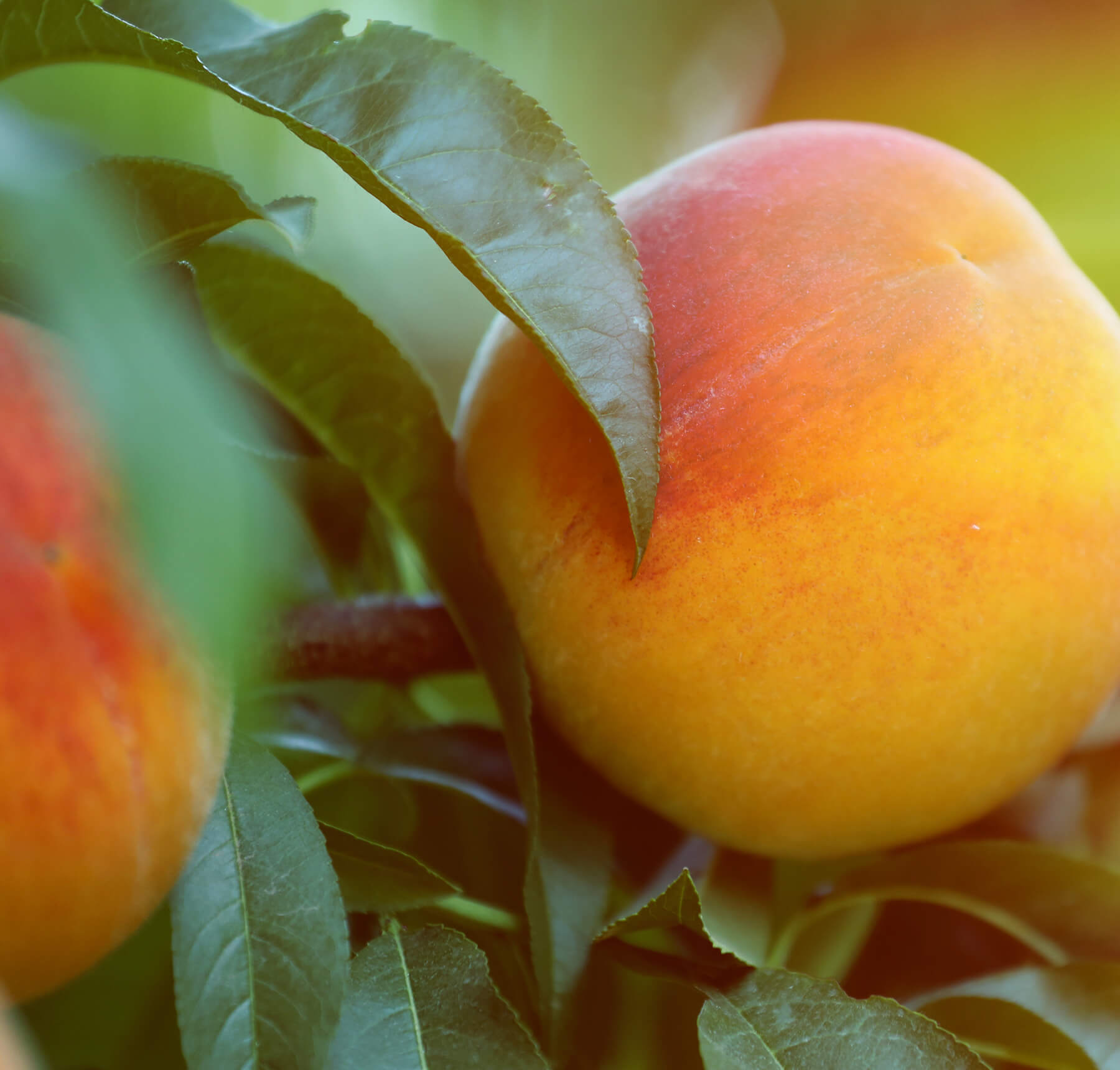
Why California California Cling Peaches
This peach is great for eating, freezing, and canning. Midseason (mid- to late August) Lucky 13: Medium to large: Freestone: Yellow: blushed-red deep golden skin: Midseason: Good: A variant of Flaming Fury, ripens 5 days after Redhaven. Firm yellow flesh. The trees are vigorous and productive with low susceptibility to bacterial spot.

Halford Cling Peach Tree Shipped in Soil by Burchell Nursery » Store
Grows in zones: 4 - 8. This heavy producer of good quality, white streaked with red fleshed peach holds well for canning and preserving. The Indian Blood peach is a zone 4 peach tree of the large red skinned clingstone variety that ripens August to September. The Indian Blood Cling Peach tree does best with a pollinator and needs 800 chill hours.

My Edible Fruit Trees Peach Trees VIC
Halford Cling Peach Tree is self-fertile, but the fruit crop will be larger if the tree is planted with a second tree. Description. Prunus persica . The Halford is a classic among cling peaches. It yields large, firm, good quality fruit that's a terrific choice for canning.

Cling Peach Harvest Sacramento Valley
USDA HARDINESS ZONES: 4-8, approximately 800 chill hours. POLLINATION: Self-fruitful. ROOTSTOCK: Nemaguard, Lovell, Guardian or Halford (depending upon availability) RIPENING DATE: Mid season. STONE FREENESS: Cling. SPACING: Plant trees 15-20 feet apart. Red-streaked fruit with red around the seed. Firm flesh, not melting, and slightly tart.
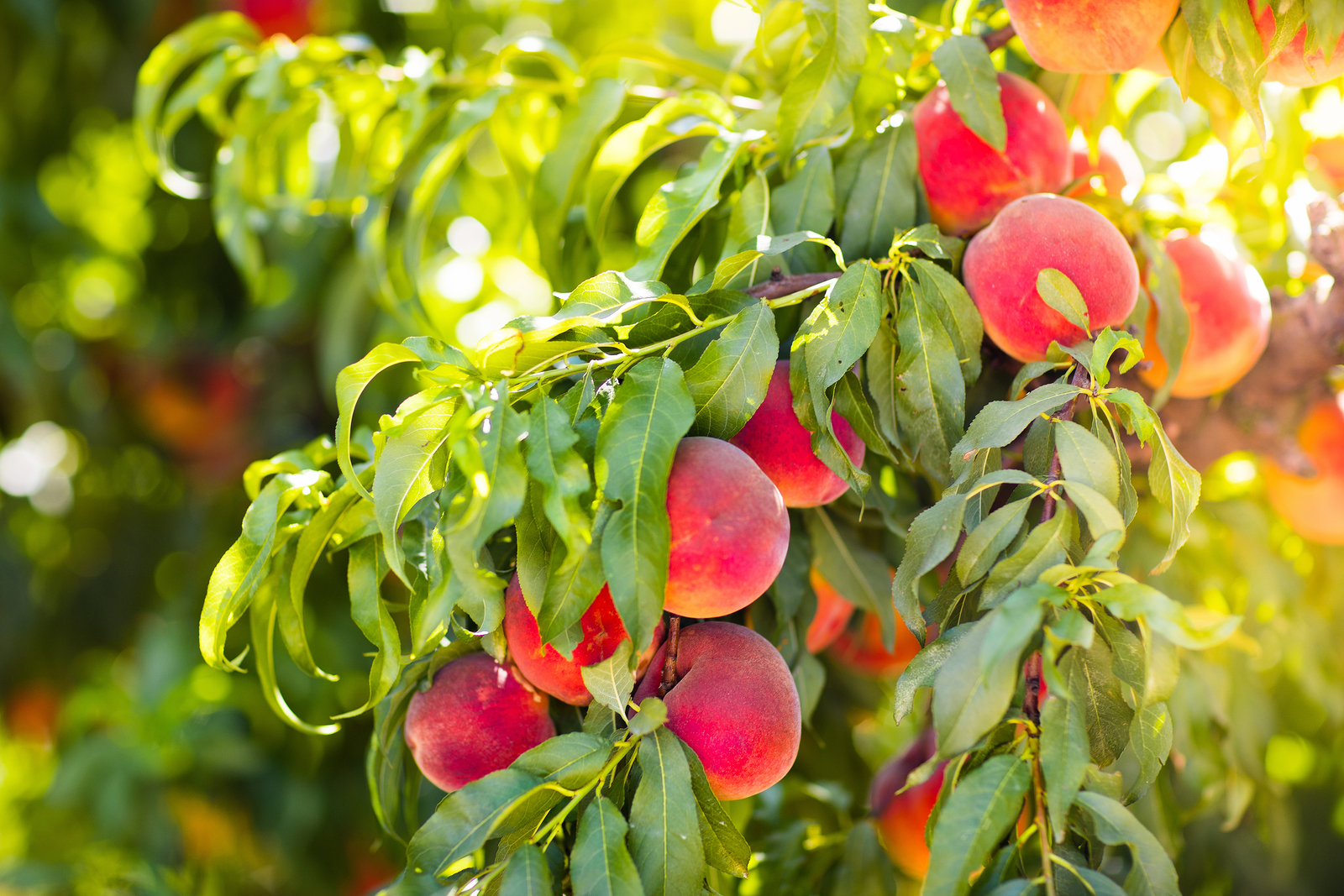
Fresh Ripe Peach On Tree In Summer Orchard Orchards
Orange Cling - As the name implies, this is a clingstone peach with blush-red skin and golden flesh. It's ready to harvest mid-to-late summer.. Peach trees are ready to produce 3-4 years after planting. Harvest time is mid-summer and late-summer. Fruit typically appears between 3 and 5 months after flowers start to bloom and become.

Indian Blood Cling Peach in the Monticello Orchard Colonial Garden
California's cling peach acreage is located in the Central Valley. As of 2006, the coun-ties with the most acreage are, in descending order Sutter, Stanislaus, Yuba, Merced,. Like other tree crops, mature peach orchards with vegetation between the rows use about 40 acre-inches of water per year, including rainfall. Peak water use in midsum-
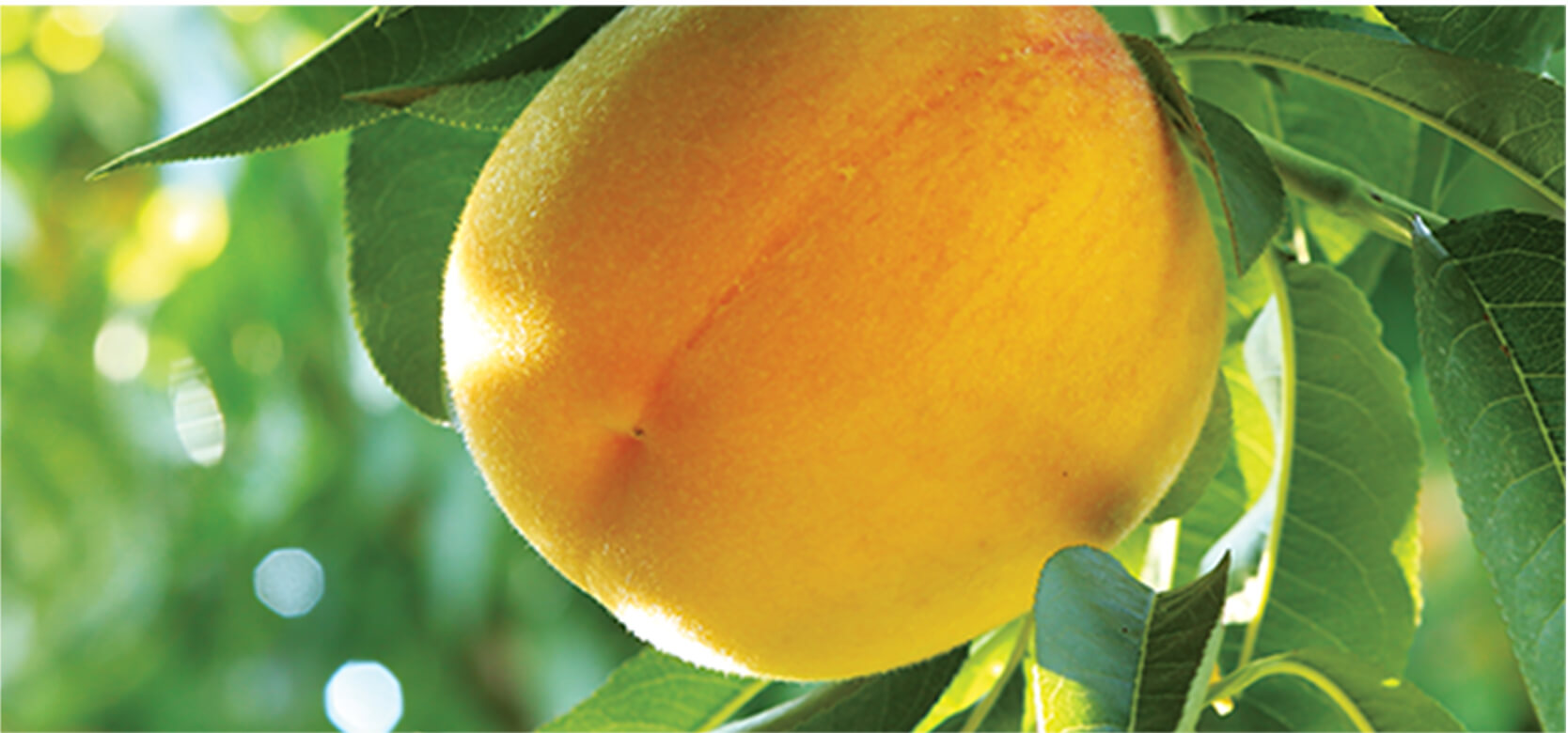
Bring Back California Cling Peaches California Cling Peaches
Freestone or cling-free peaches refer to fruit where the flesh is not attached to the pit. When you cut or bite into these peaches, you can reach in and easily remove the pit, making them a pleasure to eat out of hand and great for cooking, baking, and canning, since they are easy to prep. Freestone peaches tend to show up later in the season.

Fruit Trees » Store » Tomorrow's Harvest by Burchell Nursery
Cling peaches are a variety of peaches where the flesh adheres firmly to the pit, making it more challenging to separate the two. This contrasts with freestone peaches, where the flesh easily separates from the pit. Cling peaches are often smaller and sweeter with a more tender texture, which makes them ideal for canning and preserving.
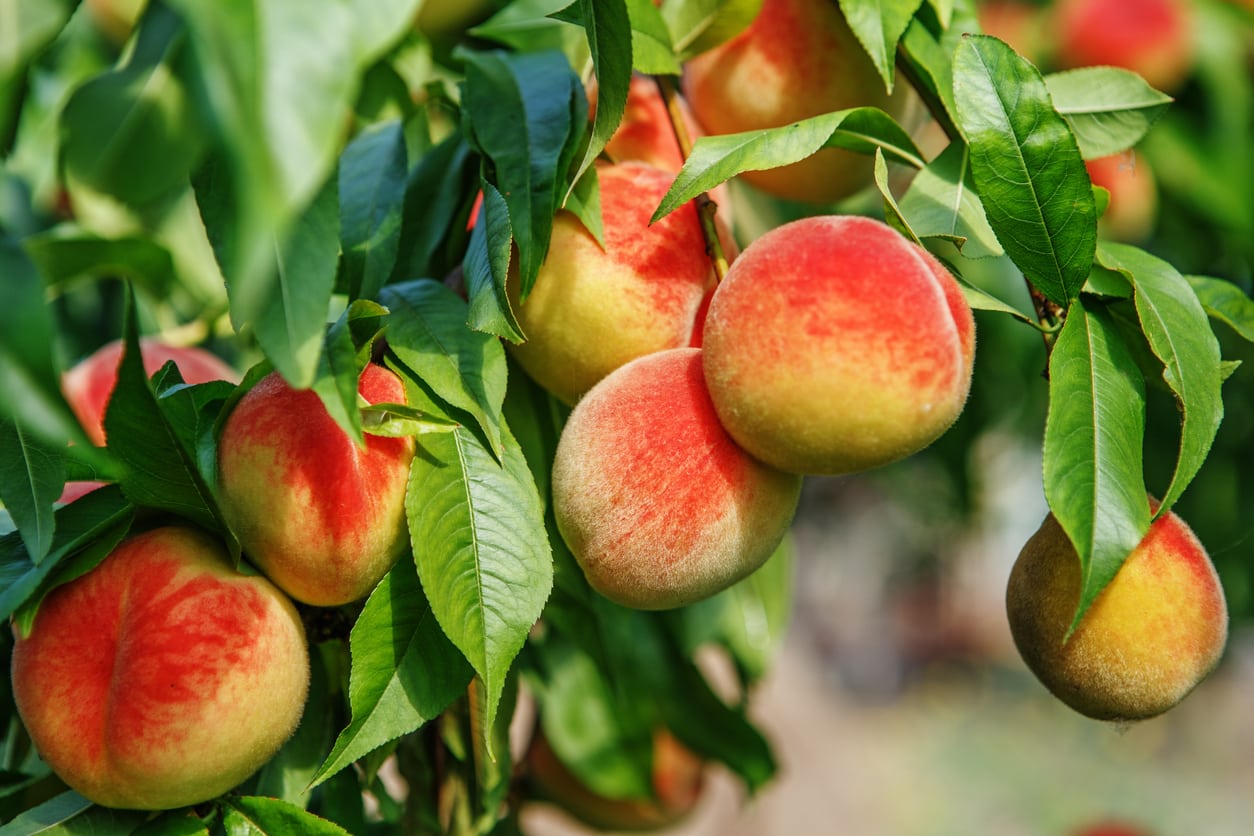
Dwarf Peach Tree Varieties Learn About Different Kinds Of Dwarf Peach
Nectar Peach. $48.95. Dixon peach trees are one of the earliest heirloom clingstone peaches, meaning the flesh adheres to the pit when ripe. Considered one of the best flavored yellow clingstone peaches; we agree it's one of our favorite desserts in middle of summer with its classic old time peach flavor. The Dixon peach tree comes highly.

Prunus Persica, Yellow Cling Peach Stock Image Image of persica
Always nutritious. Elevate your pantry with the timeless allure of California Cling Peaches, conveniently available year-round in cans, jars, and single-serve cups at your local grocer. From orchard to kitchen, our peaches are meticulously picked, packed, and shipped at the height of their ripeness, ensuring a continuous source of exquisite.

FRESH 2022 🍑 WILD California Sweet Yellow Cling Peach Tree FRUIT Seeds
All peaches are categorized by the relationship between the fruit's flesh and pit or stone. As the names subtly imply, the difference between freestone peaches and clingstone peaches is how much the fruit's flesh clings to the pit. Freestone peaches have fruit that easily pulls away from the pit, while clingstone peach flesh stubbornly.
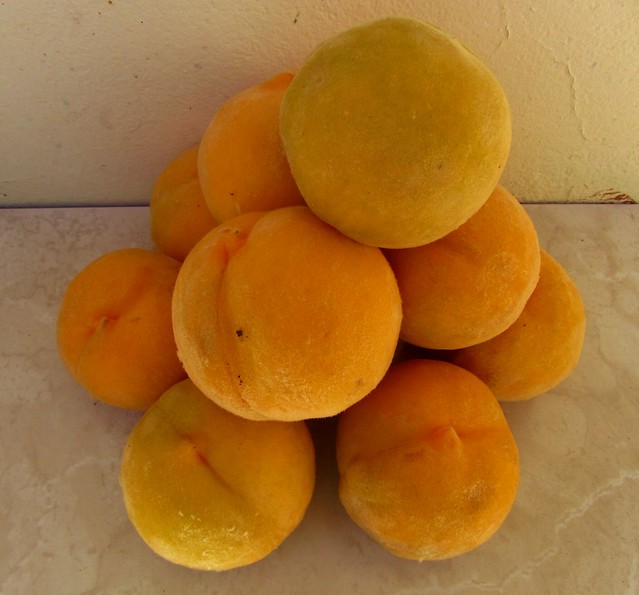
Yellow 'cling' peaches a photo on Flickriver
The peach is the most adaptable of all fruit trees for home gardens. When planting, they should be spaced to allow a spread of 20 to 25 feet. At 3 or 4 years of age they begin to bear large crops and reach peak productivity at 8 to 12 years. Peaches need clear, hot weather during their growing season and […]
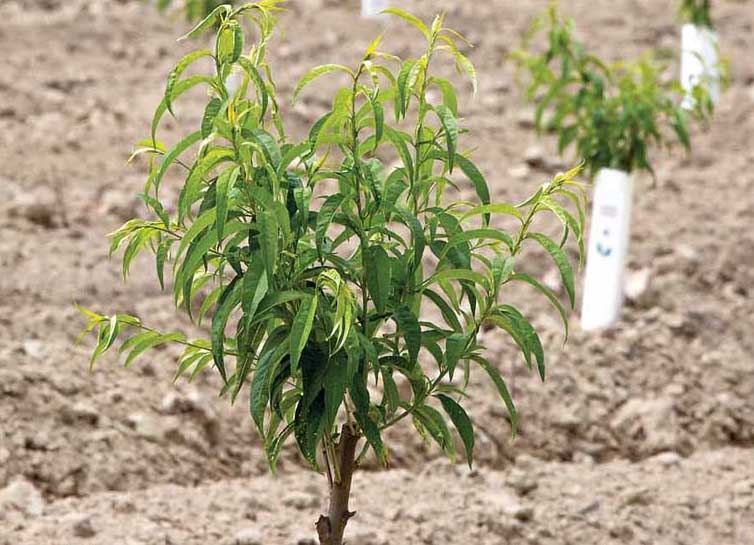
California cling peach growers plant more trees as prices improve
Peach Trees. Peaches—botanical name Prunus persica—are native to Northwest China. Growing peach trees requires that the climate is dry and sunny, such as in temperate or continental areas. For the sweet, juicy fruits to ripen, the trees need a chilling period in winter. Then hot summers with temperatures between 68°F and 86°F (20°C.